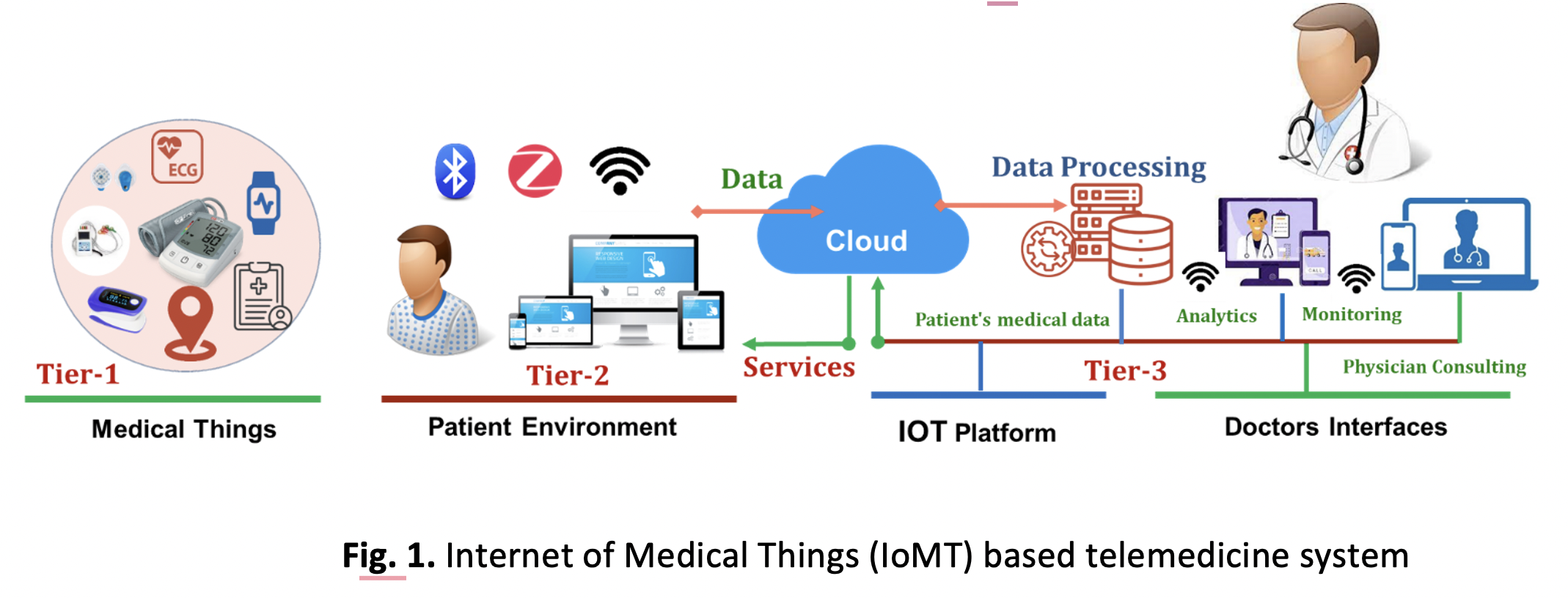A Real-Time Hospital Selection Framework for Multi-Chronic Disease Patients in Telemedicine
DOI:
https://doi.org/10.37934/ard.137.1.223242Keywords:
Internet of Medical Things (IoMT), telemedicine, Scalability, Heterogeneous, treatment plan, IraqAbstract
The development of an integrated healthcare system has become a personally important issue in the healthcare industry because of the rapid increase in the prevalence of several chronic diseases. The provisioning of personalized healthcare service (PHS) is one of the challenges facing researchers in the fields of telemedicine and the Internet of Medical Things (IoMT) and is related to several issues. One of the main issues is providing the remote patients with the required pre-hospital services which includes the determination of the patient’s emergency level and selecting the proper hospital. This study aims to improve the provisioning of personalized healthcare service for the multi chronic disease elderly patients who use telemedicine system through utilizing medical sensors and non-sensors IoMT devices, That includes determination of the patient’s emergency level (triage level), identifying the disease, and selecting the proper hospital in terms of availability and location. The proposed framework called Multi Sources Healthcare Architecture-2 (MSHA-2). The proposed framework accommodated the patient with different contingency levels based on seven medical devices, namely, sensors for blood glucose, blood pressure, ECG, SPO2, body temperature and respiratory rate and input medical texts. The framework proposes two computational algorithms to achieve the required tasks. The simulation of the framework is proposed in Baghdad, the capital city of Iraq, as the real physical locations for 34 private and governmental hospitals are determined using Google map coordinates. The appropriate hospital for the patient was identified in accordance with the patient’s coordinates, which were taken from a GPS sensor. According to common evaluation performance criteria, the proposed framework outperformed two benchmark models and obtained 90% of the total services, whereas the benchmark studies obtained 45% and 45% respectively. This study proposes a unique advance healthcare solution which supports the healthcare digital transformation plans in Iraq. Selecting the proper hospital to the patient can save patients’ lives. Future work will integrate patient medical records and improve hospital selection during disasters to enhance real-time healthcare services .Downloads























